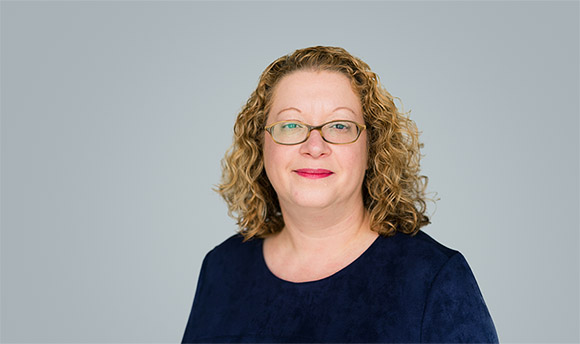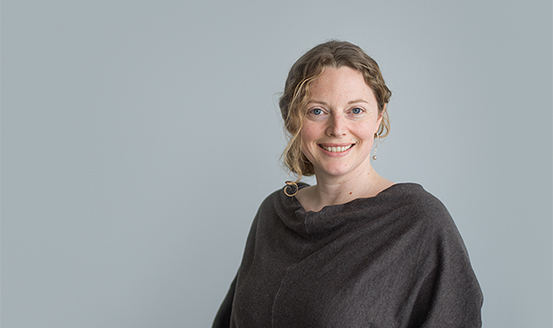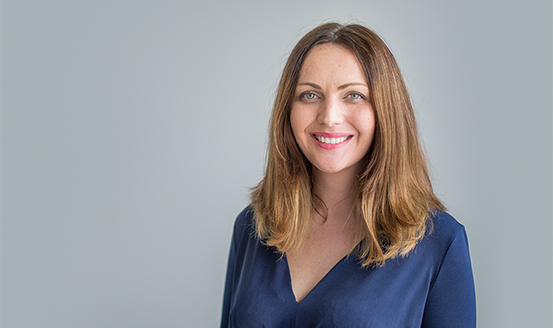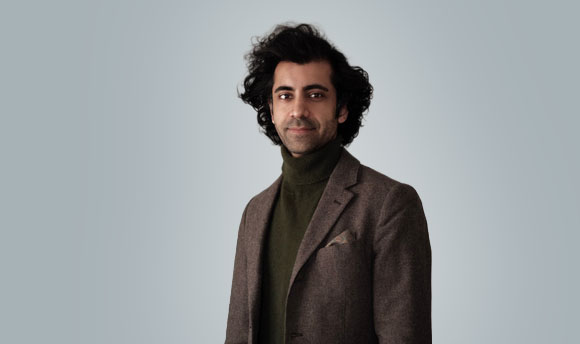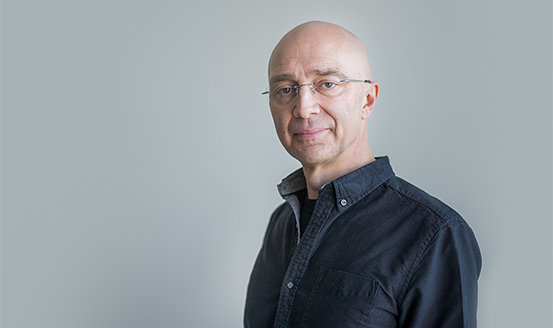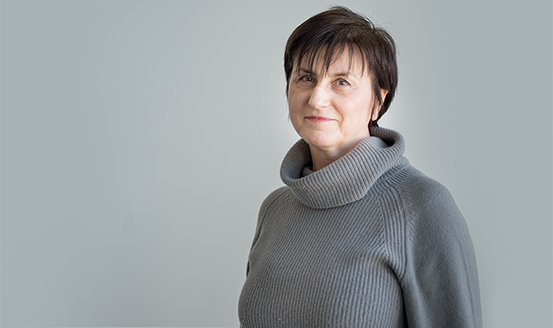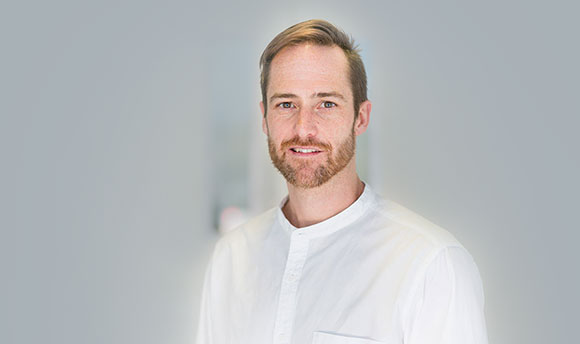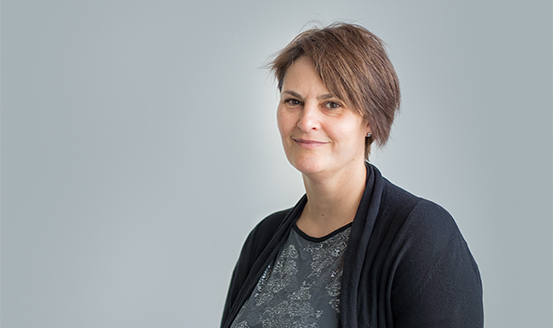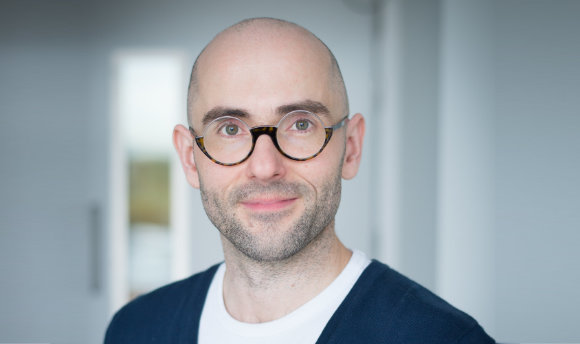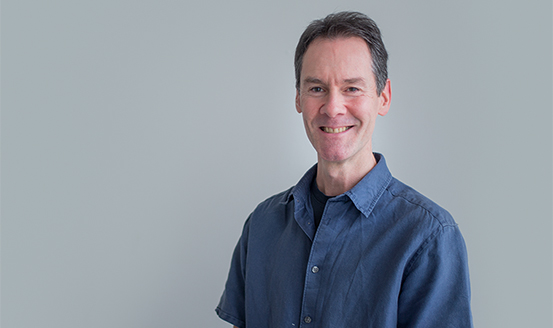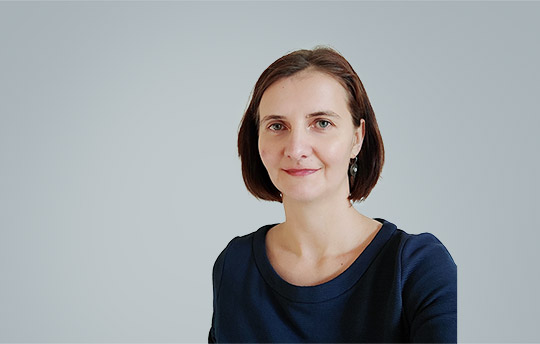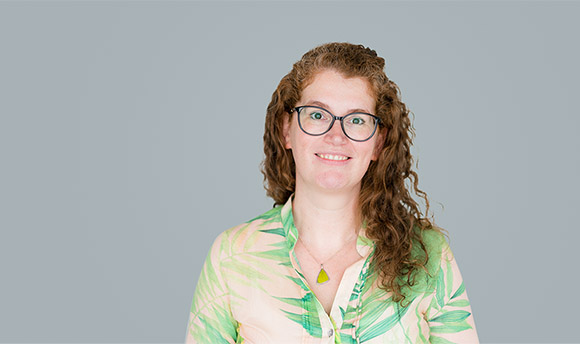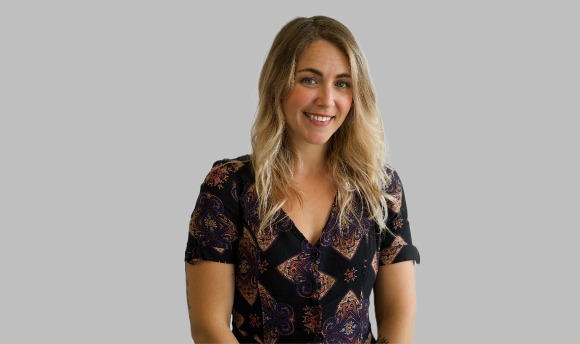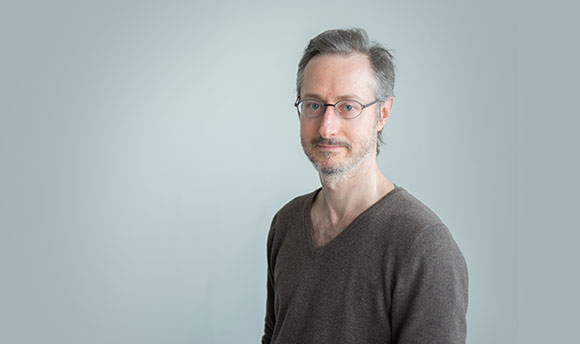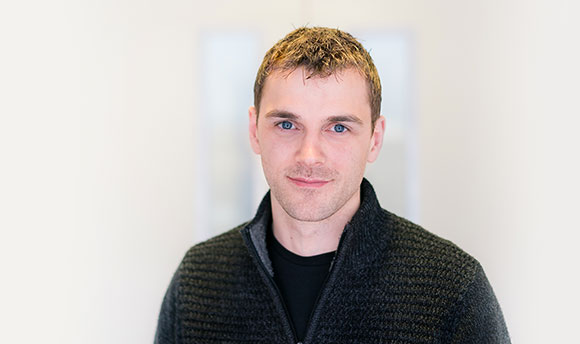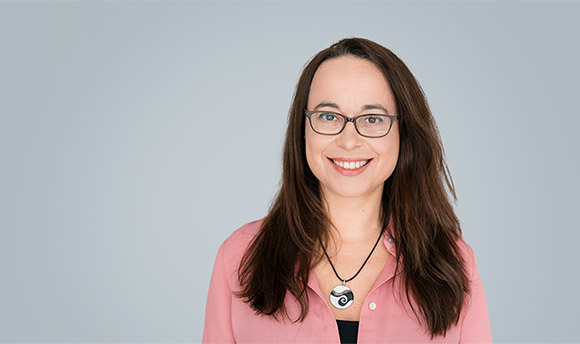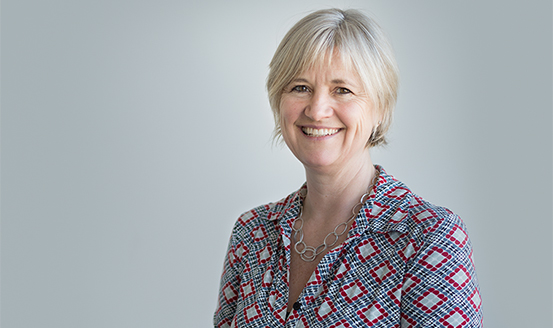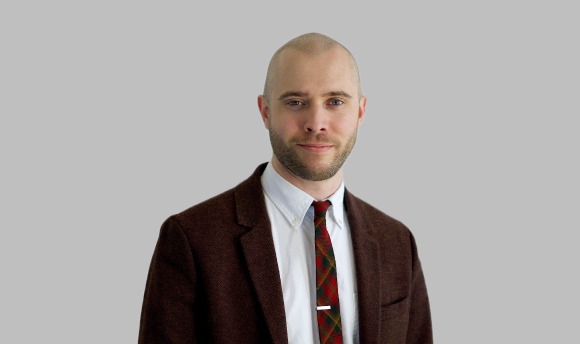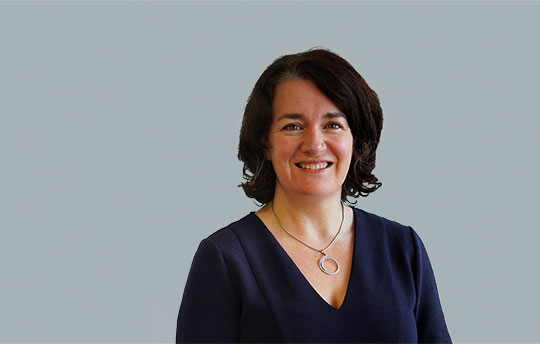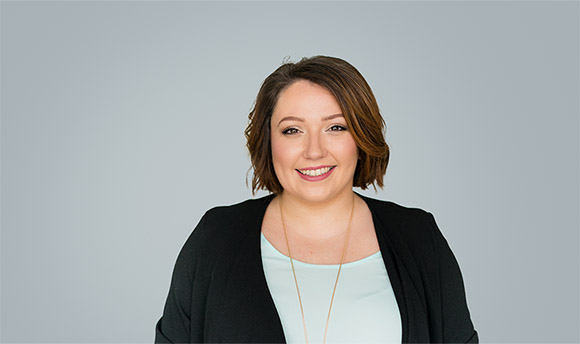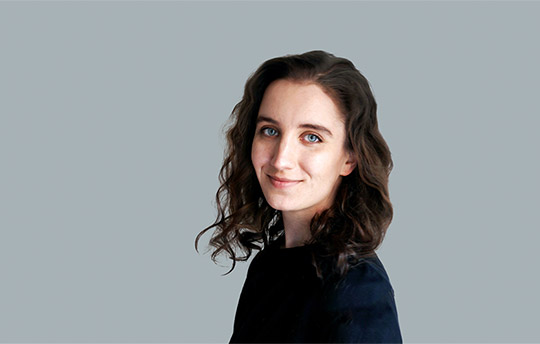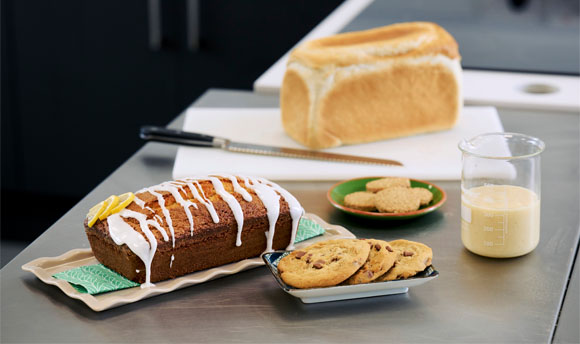AlcoLOLs
Read our 2013- 2016 Evaluation Report
The AlcoLOLs project was funded by the Robertson Trust. It was co-created by Portobello High School pupils along with academics at Queen Margaret University (with Emma Wood and Dr Magda Pieczka as principals investigators on the project). The pupils, who call themselves The AlcoLOLs, co-designed a way of breaking down the barriers which constrict teenagers from being able to discuss alcohol in a meaningful way. The approach has been further developed over 3 years with AlcoLOLs at 6 Edinburgh high schools. To date it has involved some 3000 pupils in dialogue groups which means talking together in a safe space (with no adults involved) about Scotland’s drinking culture to decide for themselves whether to drink or not to drink.
We believe that the AlcoLOLs approach works because it helps teenagers realise that that they don’t need to make isolated judgments governed by how they think things are (social norms), but together can critically reflect on how their reality is constructed and can decide to change it.
- Overview
- The AlcoLOLs
- Schools
- Ref 2014
- Next steps
The project was designed to tackle the issues alcohol presents for young people and worked by combining insights from dialogue, peer education, and a harm reduction approach. The intervention was co-designed by young people and implemented by them in six secondary schools in the North East of Edinburgh, eventually reaching over 3000 young people.
The project responded to the need identified by the Scottish Government following its establishment of the Scottish Youth Commission on Alcohol (SYCA), a 12-month project set up to enable young people to conduct their own inquiry into the social problem of alcohol in Scotland. The Commission, which reported in March 2010, articulated the need to promote and evaluate peer education approaches and the desirability of young people acting as ‘co-designers of alcohol and education packages’. This project addressed these recommendations and, in the process, effected personal change and influenced policy perspectives.
The AlcoLOLs, a name they chose for themselves, were volunteers who experienced dialogue at Queen Margaret University where they received training in facilitation and education about alcohol. Subsequently, the AlcoLOLs ran their own dialogue groups in schools, meeting each group of approximately 15 pupils twice and reaching on average 1000 pupils a year.
School dialogue groups were designed to problematize alcohol, question participants’ attitudes and behaviours, offer useful knowledge, develop new communication skills to support learning, resilience, and, where appropriate, aspire to change behaviours.
Our approach was: to treat alcohol consumption as a social, cultural practice; to acknowledge that persuasion and information-giving were insufficient communication methods to tackle the issue: and to adopt a harm reduction —pragmatic and non-judgmental —way of working.
The AlcoLOLs project, consequently, was designed around dialogue and peer-learning and it demonstrably delivered a range of beneficial outcomes for participants: new skills and knowledge, change of attitudes and behaviours (effective self-regulation), and the promise of a potentially larger-scale cultural transformation.
The AlcoLOLs are our dialogue facilitators. They aren’t the ‘usual suspects’ –confident teenagers routinely selected to represent their school. They are a diverse group from across the high school caste system. Their role isn’t to teach, but to have authentic, credible conversations with their peers.
They don’t tell people not to drink; they listen to opinions, share stories and discuss insights.
The groups aren’t scripted and every session is different –the AlcoLOL facilitators learn from the younger pupils and vice versa.
The AlcoLOL role models discuss their uncertainties and strategies in an open way and involve the participants in the discussion. This dialogue approach enables AlcoLOLs and their fellow pupils to break away from the usual mode of talking at school (feeling judged and being careful to say the right thing). It shows them how to share in a more authentic discussion where their real views are listened to, valued and, importantly, not ‘judged’.
Having been piloted in Portobello High School in 2011-2012, the project ran in six Edinburgh secondary schools (see Table 1) over three years, starting in January 2013 and finishing in December 2015. In these three years, the project produced 200 fully trained AlcoLOLs, who ran approximately 600 dialogue sessions in their respective schools, involving 3000 pupils across North East Edinburgh.
|
AlcoLOLs SCHOOLS SIZES (Source: Historical school rolls, 1996-2015) |
|
|---|---|
|
SCHOOL |
NO. OF PUPILS |
|
Castlebrae High School |
118 |
|
Drummond Community High School |
352 |
|
Holy Rood RC High School |
1043 |
|
Leith Academy |
896 |
|
Portobello High School |
1295 |
|
Trinity Academy |
793 |
Unit of Assessment: UoA 36 Communication, Cultural and Media Studies, Library and Information Management.
Title of case study: Peer learning through dialogue: young people and alcohol.
Summary of impact: This case has generated a new model of communication practice to deal with sensitive issues and risk behaviours. A range of personal and policy community impacts were achieved through implementing peer-led dialogue workshops focused on young people’s experiences and discussion around the issue of alcohol. This intervention programme provided evidence of self-realization, self-esteem and personal growth benefits among pupils in five secondary schools in Edinburgh. The programme had an impact on the thinking of the Scottish policy community in relation to public health communication approaches on the issue of young people and alcohol.
The team is currently working towards expanding the project and the development of an alcohol education toolkit. Further details coming soon.

